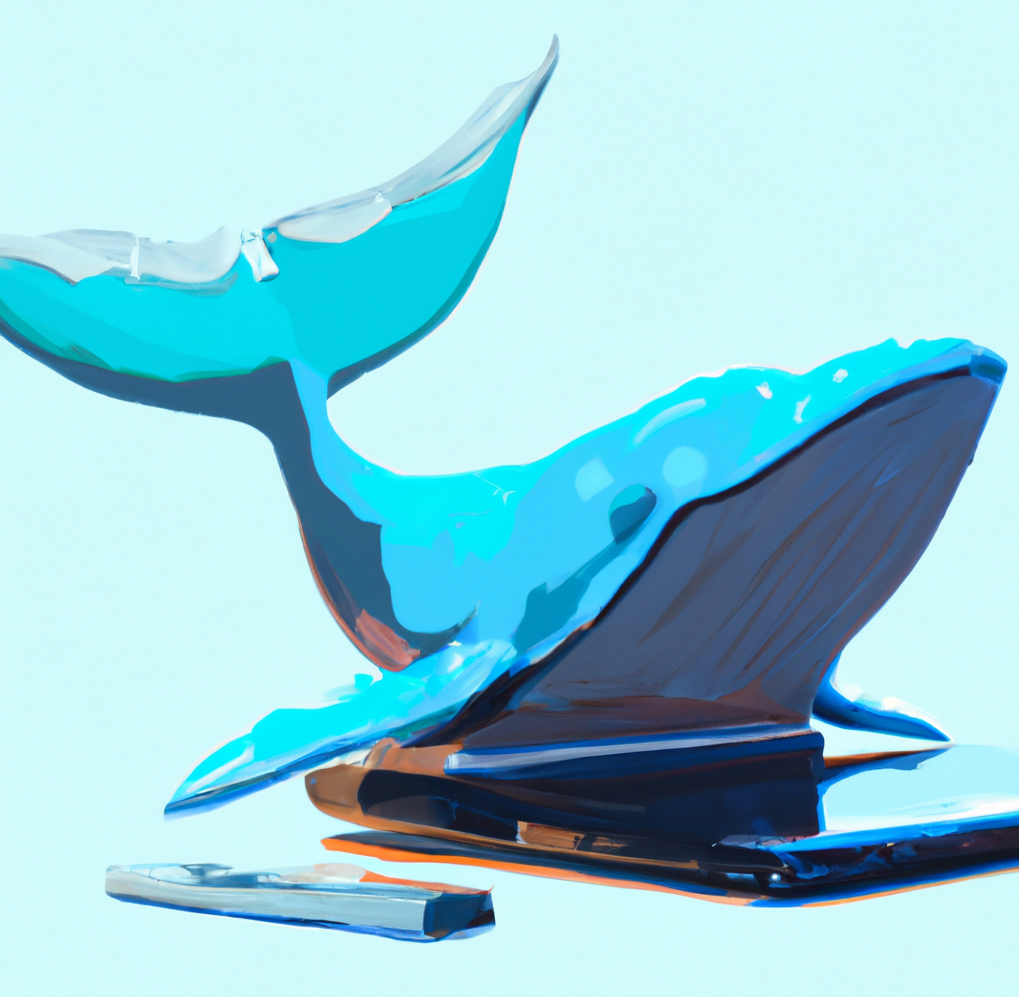Curious About Technology
Welcome to Coding Explorations, your go-to blog for all things software engineering, DevOps, CI/CD, and technology! Whether you're an experienced developer, a curious beginner, or simply someone with a passion for the ever-evolving world of technology, this blog is your gateway to valuable insights, practical tips, and thought-provoking discussions.
Recent Posts

Understanding Sidecars in Kubernetes Pods
In the world of Kubernetes, containers have revolutionized how we think about applications and deployments. Pods, the smallest deployable units in Kubernetes, can contain one or more containers. More often than not, we have multiple containers inside a pod to help our main application container. These helper containers are commonly referred to as "sidecar" containers.

Scaling Applications with Docker Swarm
Containers have revolutionized how applications are developed, packaged, and deployed. They allow us to package our applications along with their dependencies in consistent environments, ensuring that they run the same regardless of where they are deployed. But as our application grows in complexity and traffic, simply running it in a container isn't enough. That's where container orchestration tools like Docker Swarm come into play.

Optimizing Docker Images for Size and Performance: A Comprehensive Guide
Docker has revolutionized the way we develop, package, and deploy applications. However, as Docker images grow in complexity, they can become bloated and slow, affecting both deployment times and runtime performance. In this blog post, we'll delve into a variety of techniques to optimize Docker images, focusing on reducing image size and enhancing runtime performance. By mastering these strategies, you'll be able to create lean and efficient Docker images that ensure faster deployments and smoother operations.

Docker Security: Protecting Containers and Hosts
Docker containers offer a lightweight and consistent way to package, distribute, and run applications across different environments. This revolutionary technology has significantly improved the efficiency of software development and deployment. However, as with any technological advancement, Docker's widespread adoption has also brought security concerns to the forefront.

Mastering Logging and Monitoring in Docker: Best Practices and Tools
One of the critical aspects that every DevOps engineer or developer should focus on is logging and monitoring within Docker containers. In this blog post, we will delve into the best practices and tools for achieving efficient logging and monitoring in Docker environments.

Docker Security: Safeguarding Containers and Hosts
The popularity of Docker containers has attracted the attention of cyber attackers, making Docker security a critical concern. In this blog post, we will explore potential security risks associated with Docker containers and environments, discuss essential security best practices, such as user management and resource constraints, and delve into the significance of Docker Security Scanning and other tools in identifying vulnerabilities.

Enhancing Docker Networking with dnsmasq: A Comprehensive Guide
In certain scenarios, you may encounter challenges or require more advanced DNS configurations for your local stack deployment. Enter dnsmasq, a lightweight and flexible DNS server that can work in harmony with Docker's built-in networking, offering enhanced DNS resolution capabilities and more.

Mastering Docker Daemon: Unleashing the Power of the Docker Daemon API
Building upon that knowledge, we now venture further into the world of Docker, aiming to take your expertise to new heights. In this article, we will shift our focus to the Docker Daemon API – a powerful interface that opens up a world of possibilities for automation, integration, and extensibility.

Communication with Docker Daemon: Unraveling the Inner Workings
At the core of Docker's architecture lies the Docker daemon, a crucial component responsible for managing containers and orchestrating their operations. In this blog post, we will delve into the intricate workings of the Docker daemon and explore how it facilitates communication within the Docker ecosystem.
